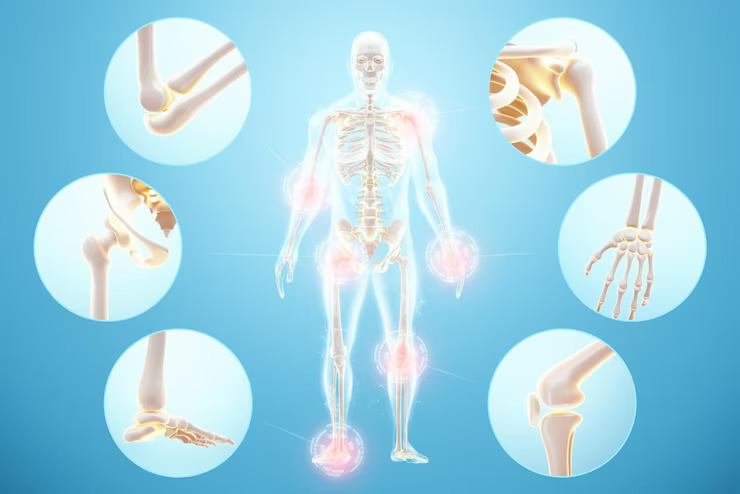
Articular Cartilage
It is critical to treat the injury and condition when a patient is found to have articular cartilage damage or a defect in order to prevent future progression of the ailment. A healthy knee joint is extremely dependent on the articular cartilage. The fluid, painless motion of the knee is made possible by the fibrous tissue that covers the ends of the bones. A patient will suffer discomfort, swelling, and moments of weakness in the knee when they have articular cartilage degeneration, whether from a prior injury, excessive use, or trauma to the knee.
This process will eventually result in a total loss of cartilage down to the bone as it continues to develop over time. An illness called osteoarthritis develops as a result of this. Knee stiffness and discomfort keep getting worse as a result of this. An illness called osteoarthritis develops as a result of this. Knee stiffness and discomfort keep getting worse as a result of this.
Conditions Treated
- Abrasive Condroplasty
- Osteoarticular Allografts
- Microfracture Surgery of the Knee
- Osteochondral Autograft Transfers
Related Studies
Emergency?
24 Hour Ready
Call Us for Emergency
+91-9828501360
Book an Appointment
Seamless Fitness Care Access: Booking an Appointment with Your Trusted Doctor
Articular Cartilage FAQ's
Articular cartilage is a smooth, white tissue that covers the ends of bones within a joint. It helps reduce friction and allows for smooth joint movement.
Articular cartilage is commonly found in weight-bearing joints such as the knees, hips, shoulders, and in many other smaller joints throughout the body.
Treatment options include rest, physical therapy, pain management, and in more severe cases, surgical procedures like microfracture, mosaicplasty, or autologous chondrocyte implantation (ACI).
Some regenerative therapies, including stem cell treatments, are being explored as potential options for cartilage repair and regeneration, but their effectiveness is still under study.